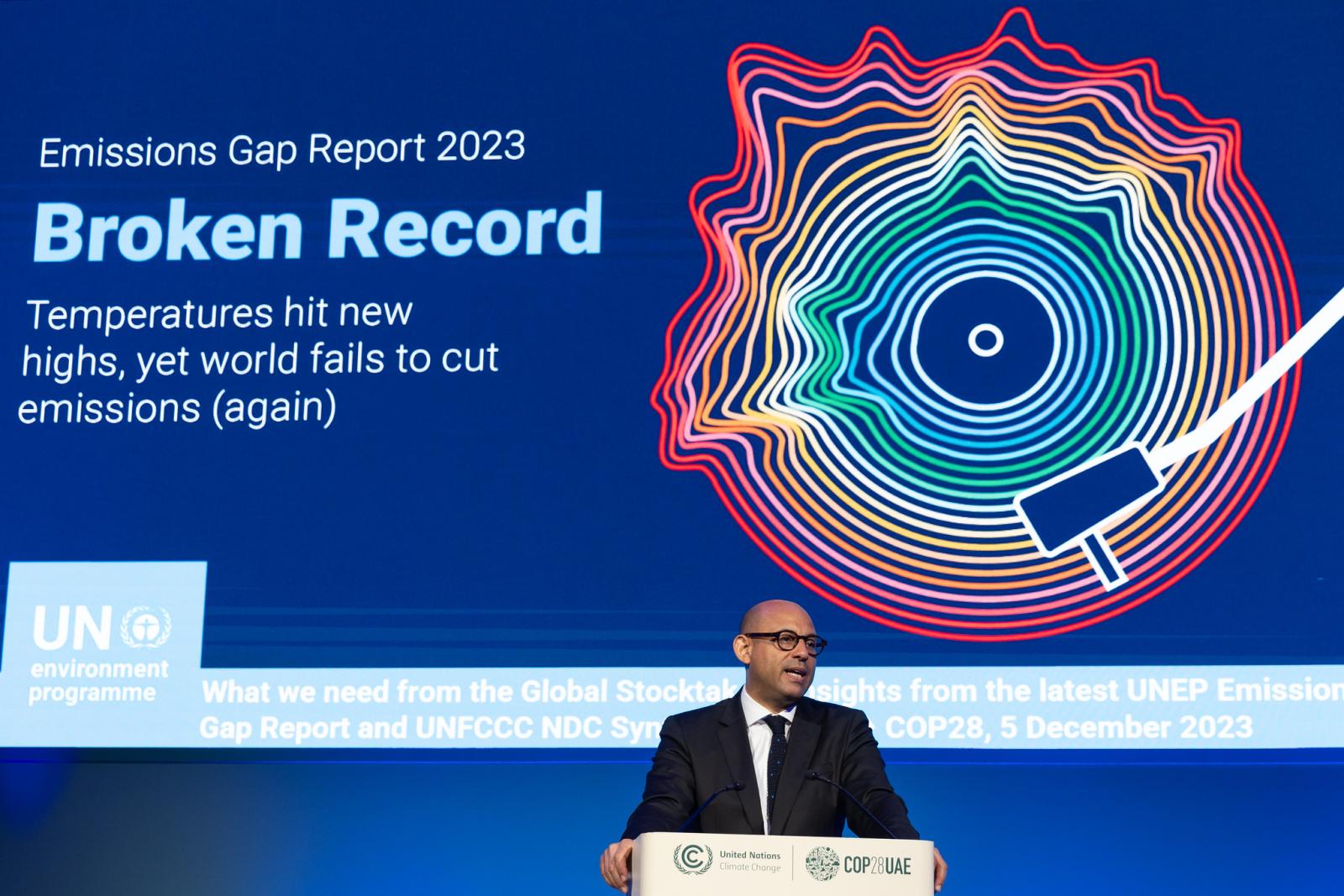Rice is the major diet for over 2 billion poor in developing countries. It is an excellent source of calories, but does not contain any pro-vitamin A.
The consequence is widespread vitamin A deficiency in rice-depending populations which are to poor to buy a diversified diet. Since the early 90's the concept of ‘bio-fortification' is gaining attention, which is exploiting the potential of genetics for an improvement of the micro-nutrient content of major crops.
 ‘Golden Rice', accumulating pro-vitamin A in the edible part of the seed, is the first successful case using genetic engineering technology - and it was possible only by using this technology. Since the first ‘proof of concept' (1), science has progressed such that ‘Golden Rice' provides even more than the amount of pro-vitamin A necessary, to prevent vitamin A malnutrition from a standard diet (2). Within the framework of a humanitarian project (3) ‘Golden Rice' is advanced through ‘product development' and ‘deregulation' and will be made available, free of costs, to subsistence farmers in developing countries. These farmers will use part of their harvest for the next sowing, they will continue with their traditional farming systems, and they will not require any novel agronomic input. Ex ante studies have indicated that adoption of ‘Golden Rice' would have dramatic health (4) and economic (5) benefits.
‘Golden Rice', accumulating pro-vitamin A in the edible part of the seed, is the first successful case using genetic engineering technology - and it was possible only by using this technology. Since the first ‘proof of concept' (1), science has progressed such that ‘Golden Rice' provides even more than the amount of pro-vitamin A necessary, to prevent vitamin A malnutrition from a standard diet (2). Within the framework of a humanitarian project (3) ‘Golden Rice' is advanced through ‘product development' and ‘deregulation' and will be made available, free of costs, to subsistence farmers in developing countries. These farmers will use part of their harvest for the next sowing, they will continue with their traditional farming systems, and they will not require any novel agronomic input. Ex ante studies have indicated that adoption of ‘Golden Rice' would have dramatic health (4) and economic (5) benefits.
However, the world-wide established system of "extreme precautionary regulation" for GMOs (Genetically Modified Organisms) delays use of ‘Golden Rice' for ten years and can, therefore, be considered responsible for ca. 40 000 avoidable deaths p.a. in India alone, and for at least 100 000 in Asian countries (6). Other micro nutrient deficiencies relate to iron, zinc, and essential amino acids. This challenge has been taken up since the middle of the nineties (7), and a breakthrough should be expected within the next five years from the ‘Grand Challenges in Global Health' initiative of the Melinda & Bill Gates Foundation (8). Thanks to funding from this Foundation four international research consortia have been established to complement ‘Golden Rice' with ‘high iron', ‘high zinc', and ‘high quality protein'. And this concept has been extended to cassava, sorghum, and banana. Again GMO-regulation, which has no scientific justification (9), will delay use of the products of these consortia for at least a decade, causing many more avoidable deaths (10).
As micro-nutrient deficiency takes a daily toll of 24 000 lives, our society has the responsibility to prevent these avoidable deaths by requesting that GMO-regulation is changed from ideology-based "extreme precautionary" regulation of the technology to "science-based" regulations of traits. There is consensus within the scientific community that GMO technology is "at least as safe as any technology used in agriculture" (10), and if there might be a risk in general, it will be connected to "traits" and not to the "technology" used to acquire the trait. A change in regulation is also essential because present regulation totally prevents the public sector from using the technology for the development of any product.
Ye et al. Science 287: 2000.
Stein A et al. Nature Biotechnology 24; 2006.
Anderson K et al. Journal of Economic Integration 20; 2005.
Potrykus I. Bertebos Conference. Setember 2008. (scarica il pdf).
Lucca et al. Theor Appl Genetics 102: 2001.
Miller H. Bertebos Conference. Setember 2008. (scarica il pdf).
Potrykus I. Biofortification, a cost-effective intervention for micro-nutrient deficiency.4th World Conference "Food and Water for Life". Setember 2008.


